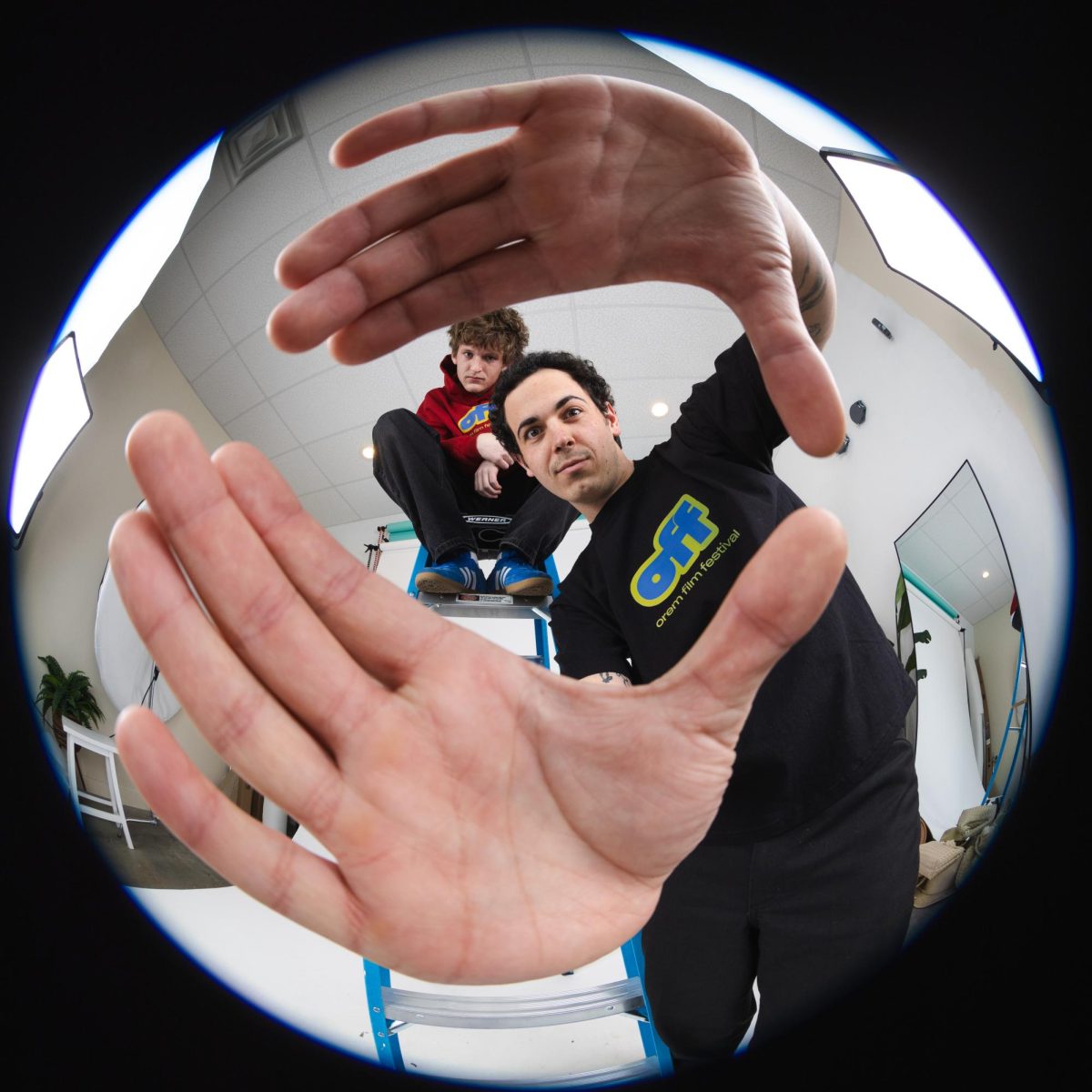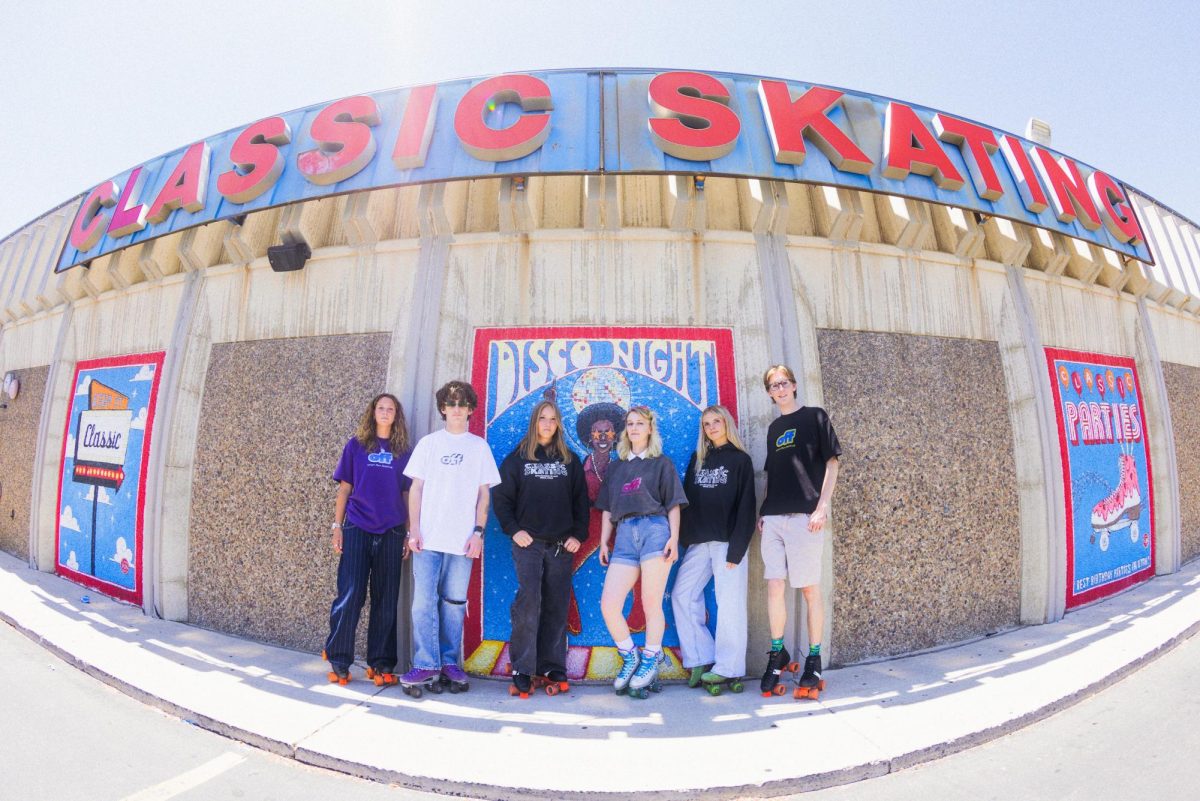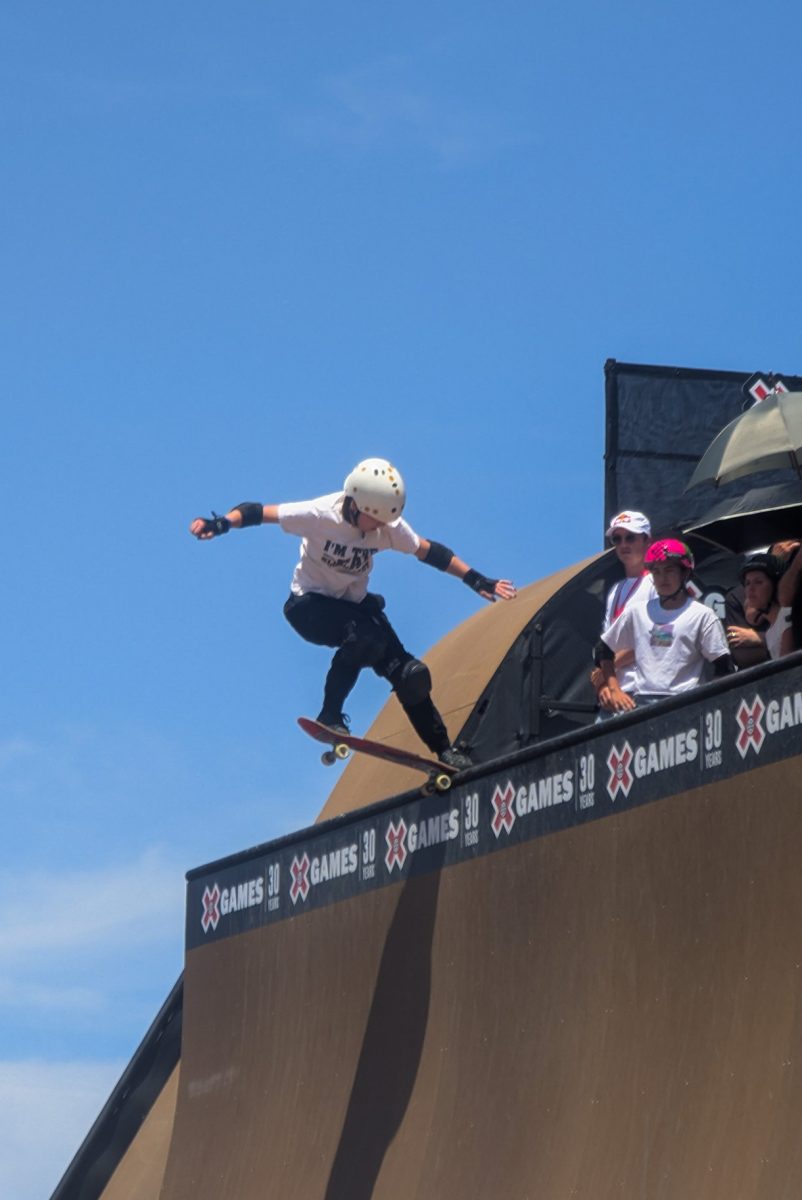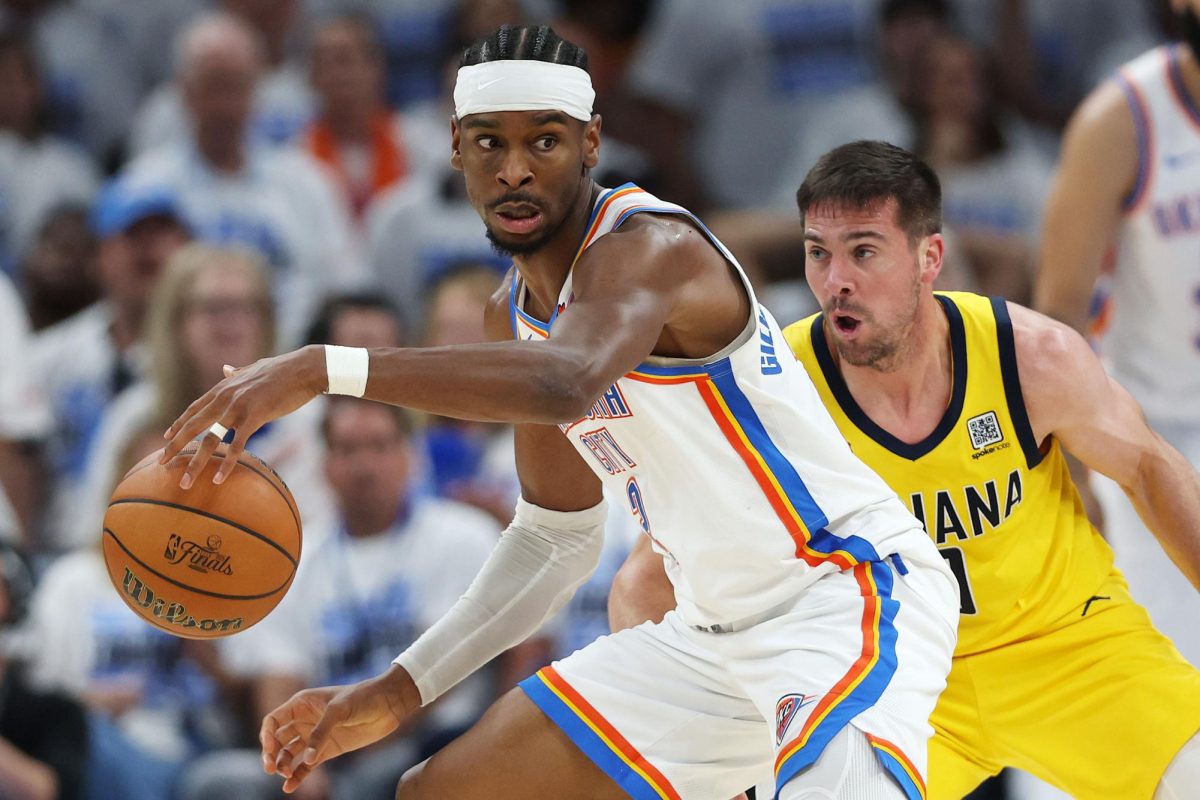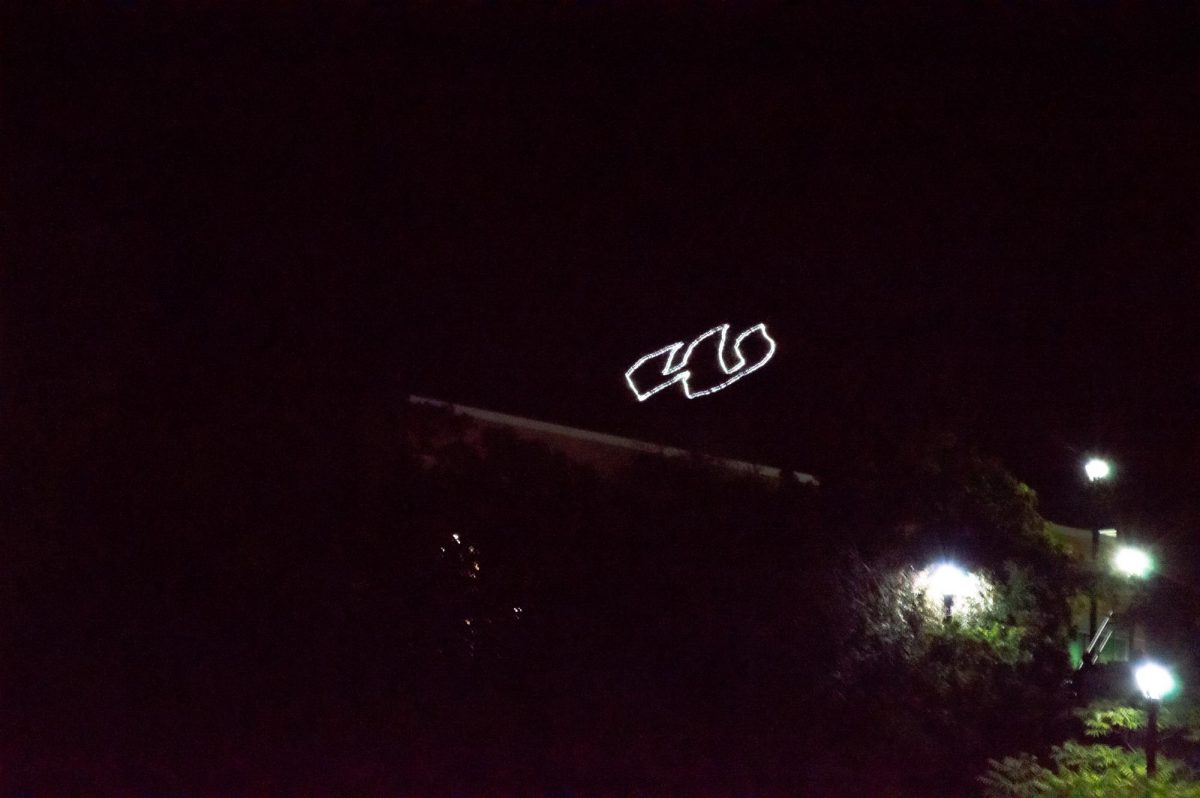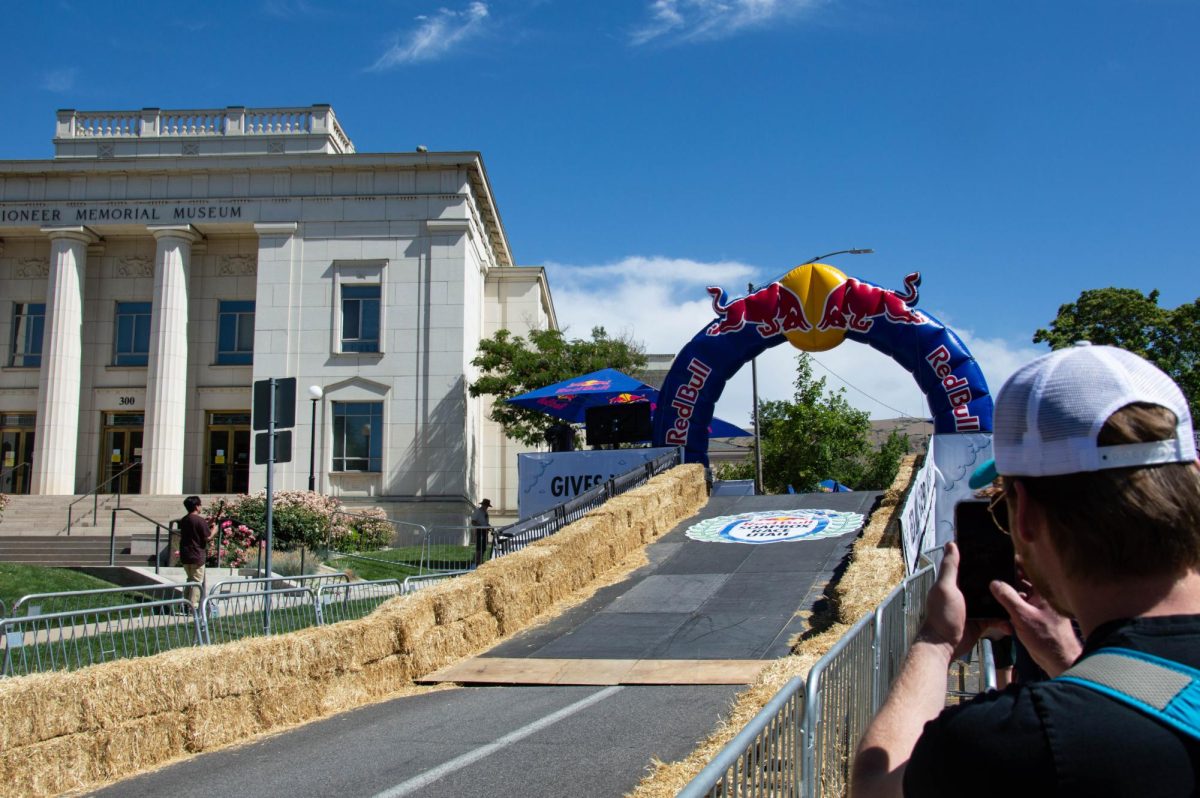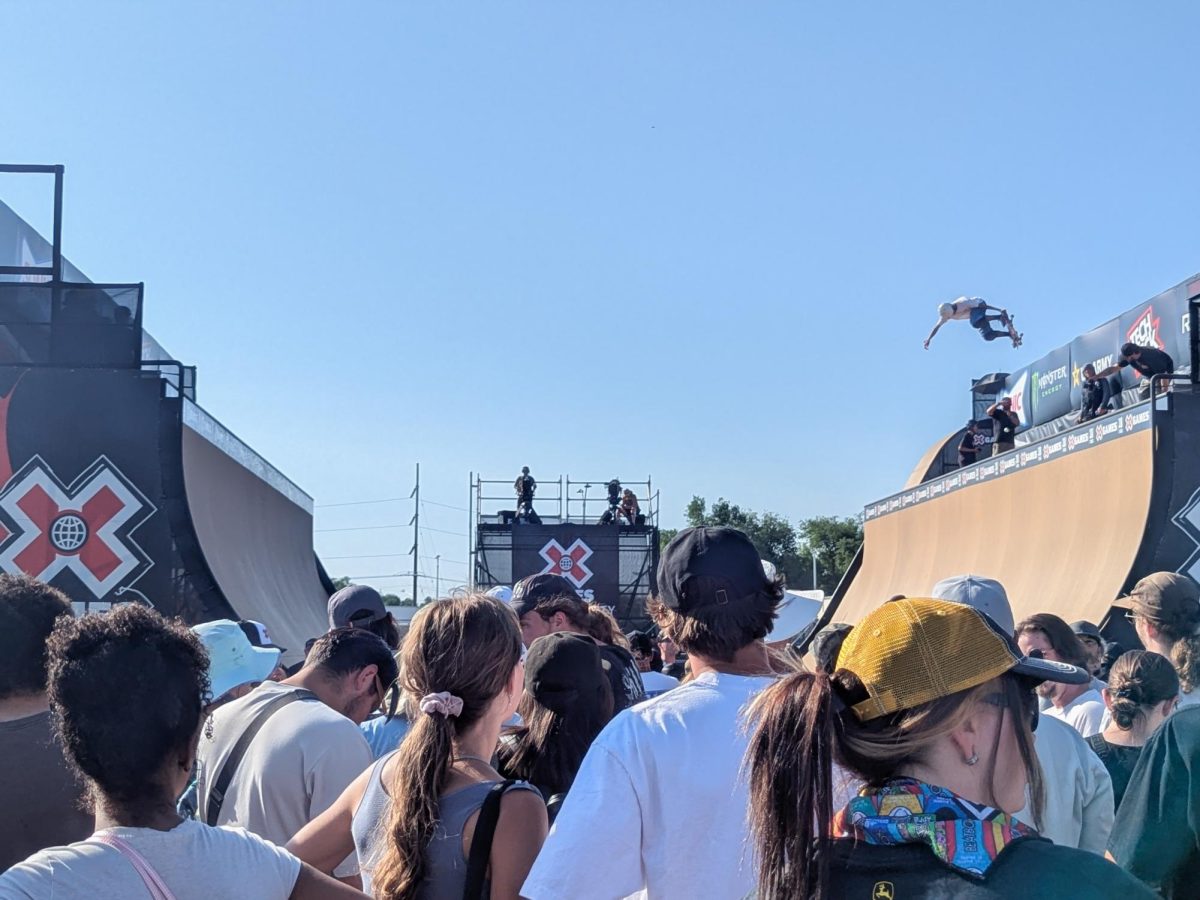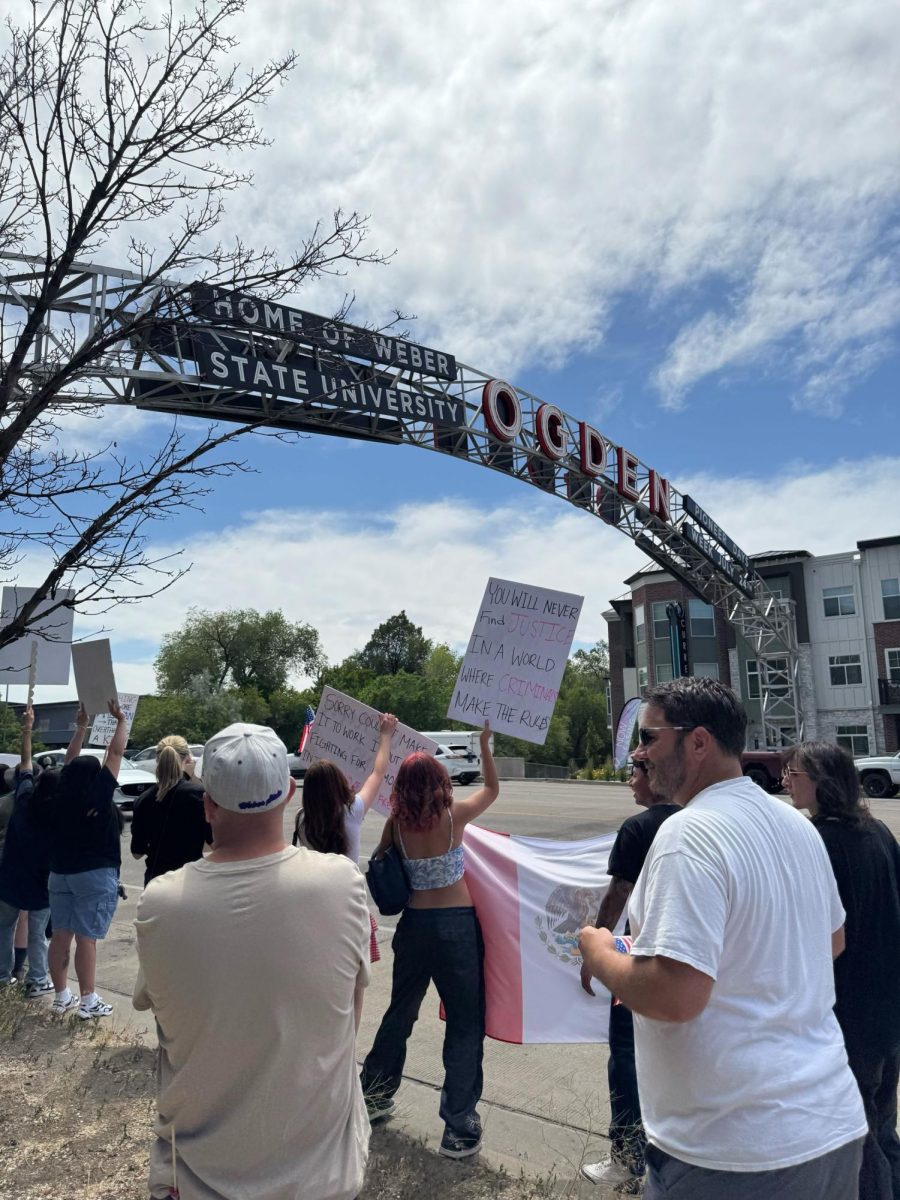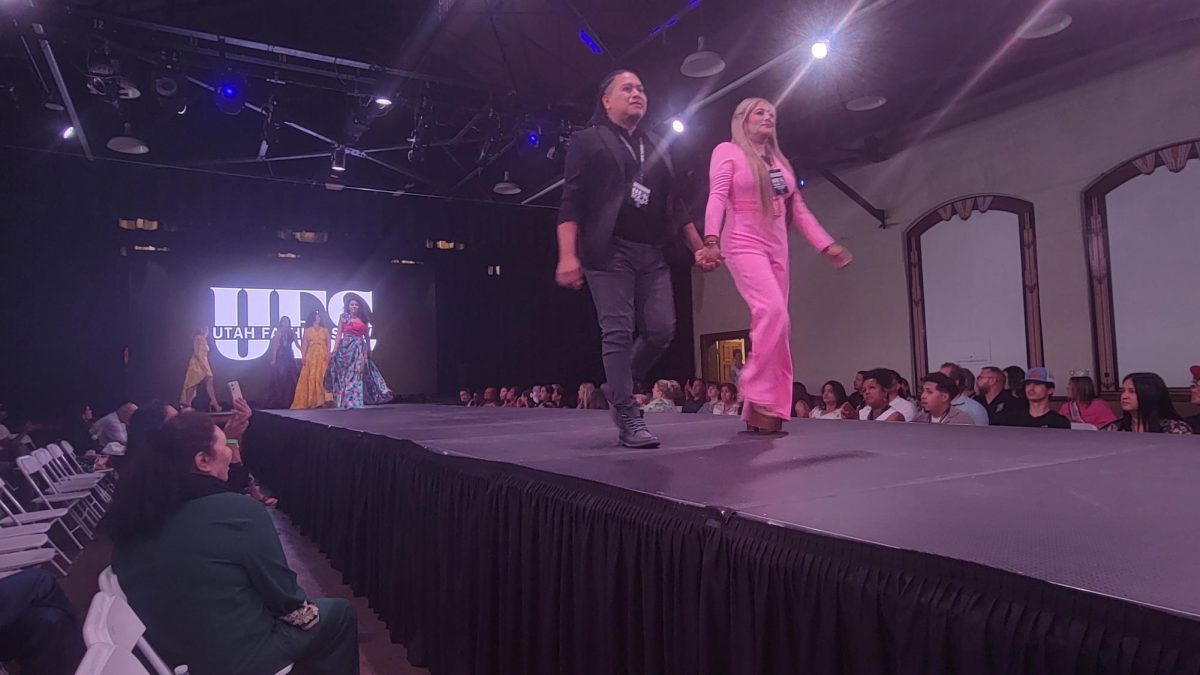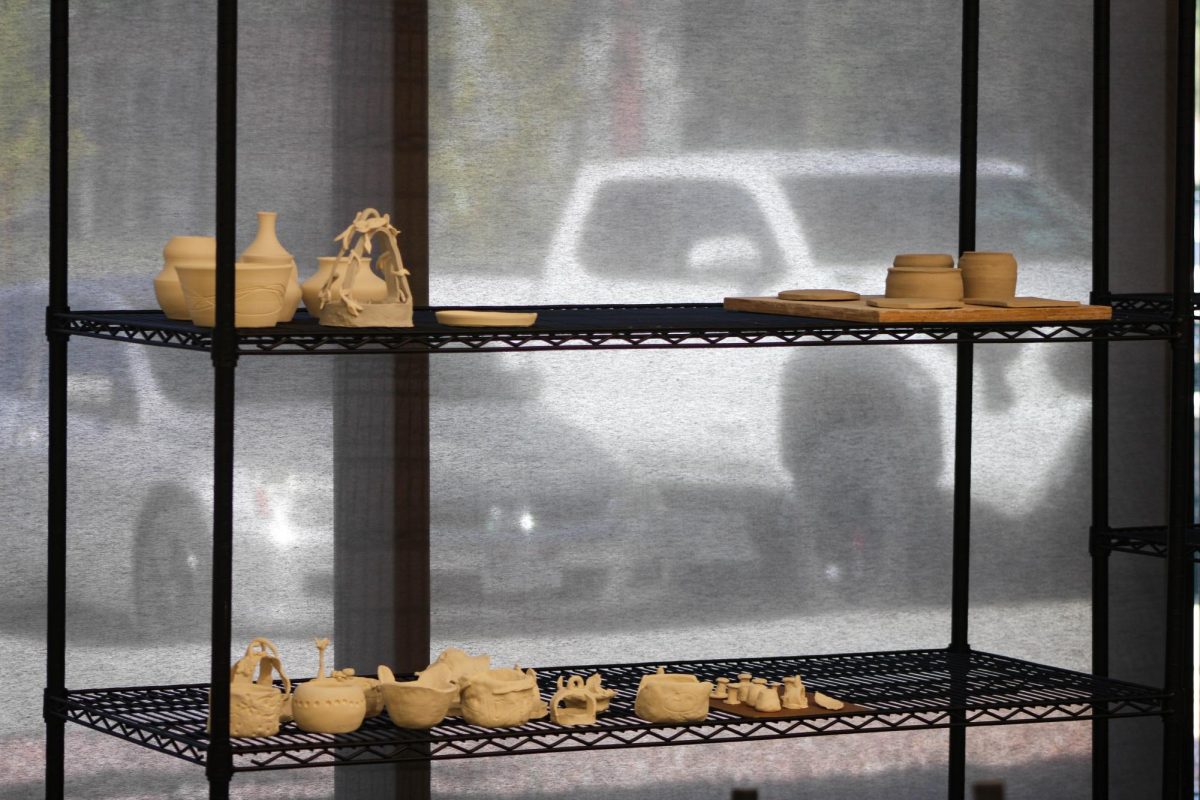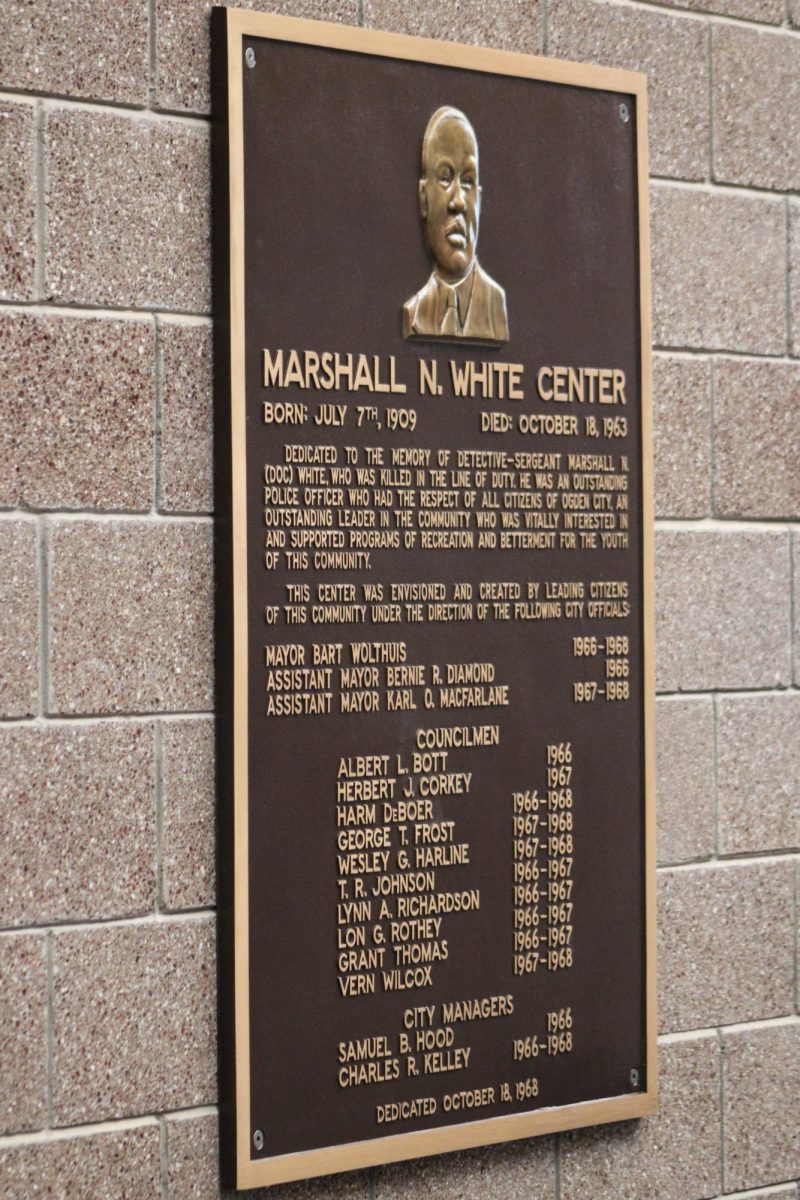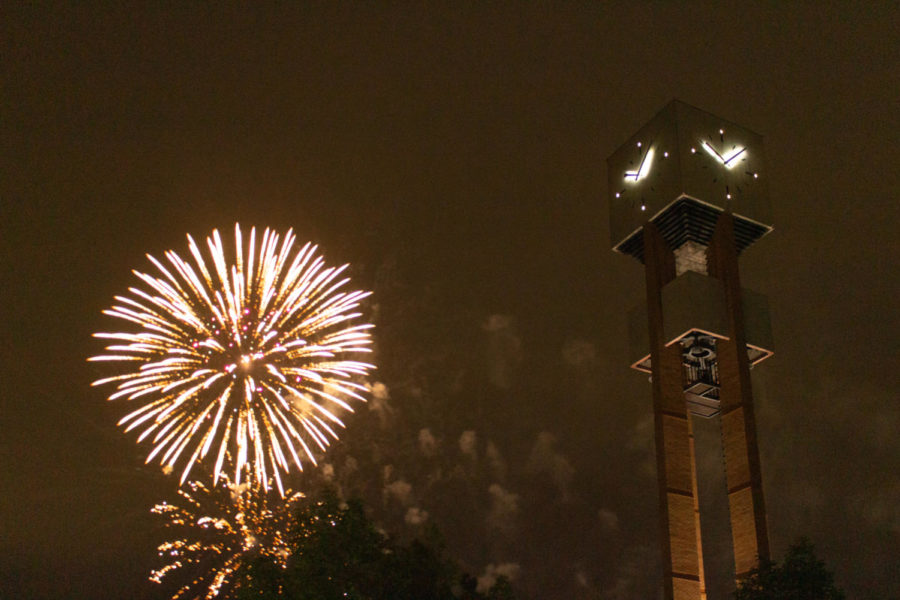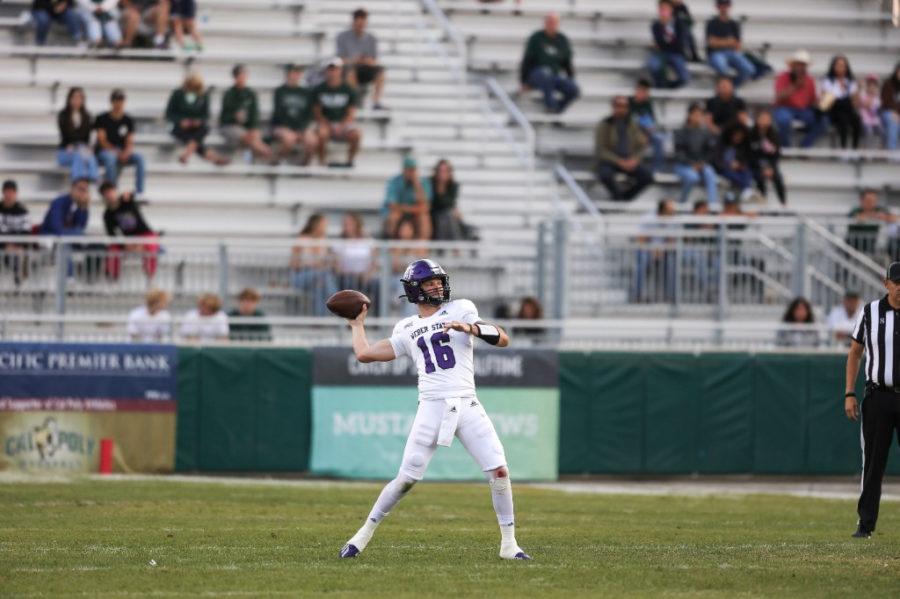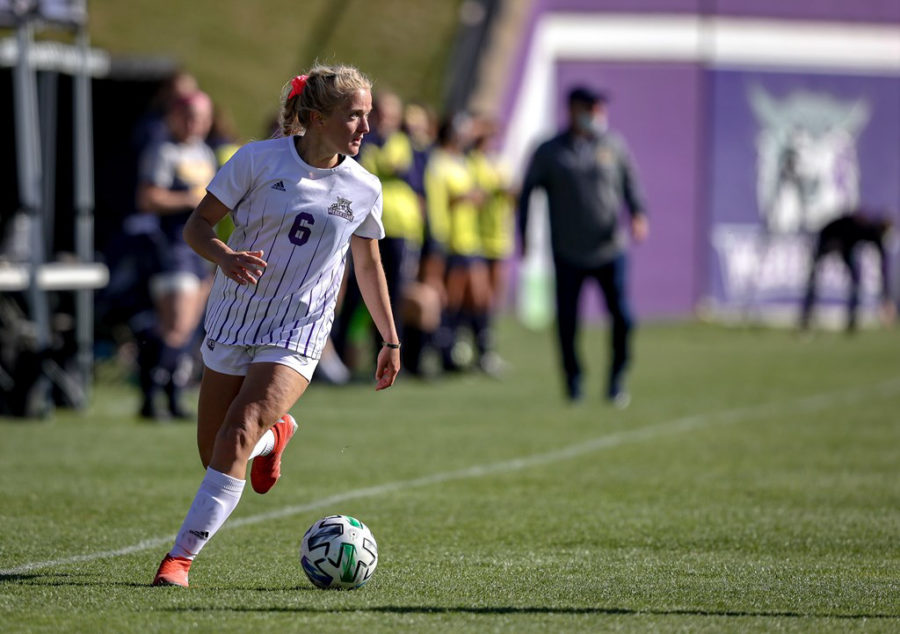In Weber State University’s first all-women presidential candidate debate, the three presidential candidates running for Weber State University Student Association Student Body President, Hunter Caldwell, Ashley Potokar and Maren Dawson, answered questions from moderator political science major Isaac Eck on Feb. 28.
Caldwell’s platform is focused on uplifting the student body and supporting individual students to change the culture at Weber to promote broader inclusivity. She is currently serving as the Education Student Senator and is serving on five committees.
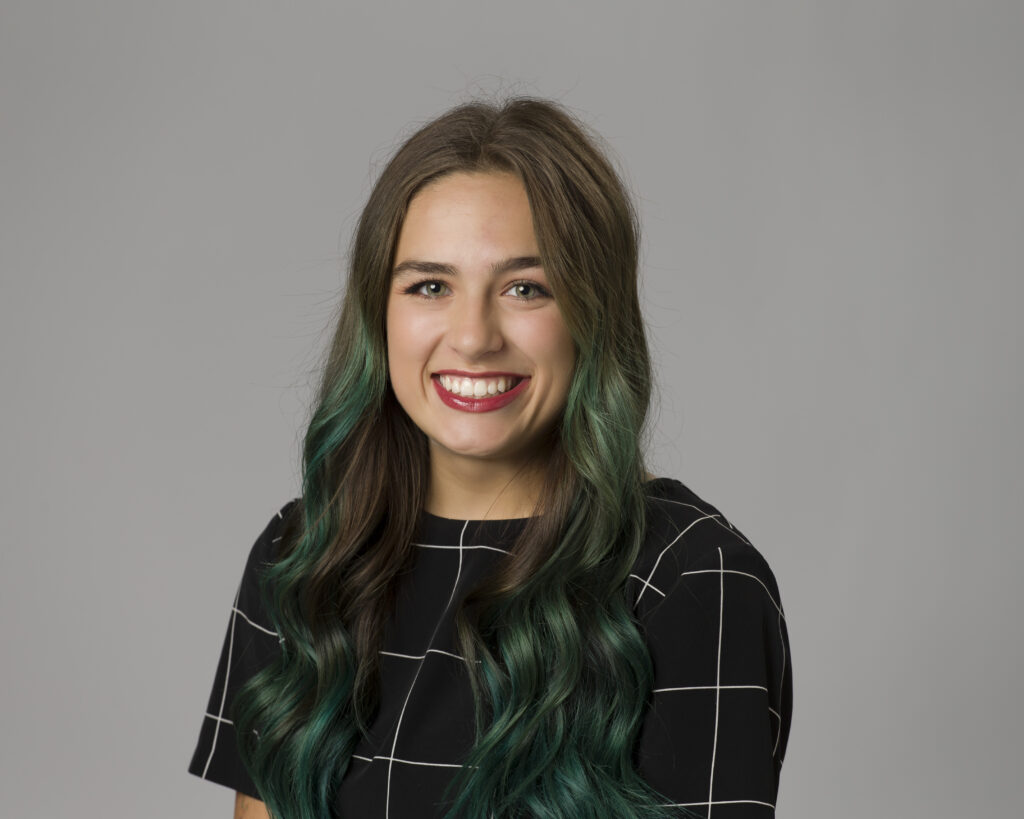
Potokar’s platform revolves around making Weber State a place where every student can be themselves and promote university resources. She is currently serving as the current WSUSA Vice President of Leadership.
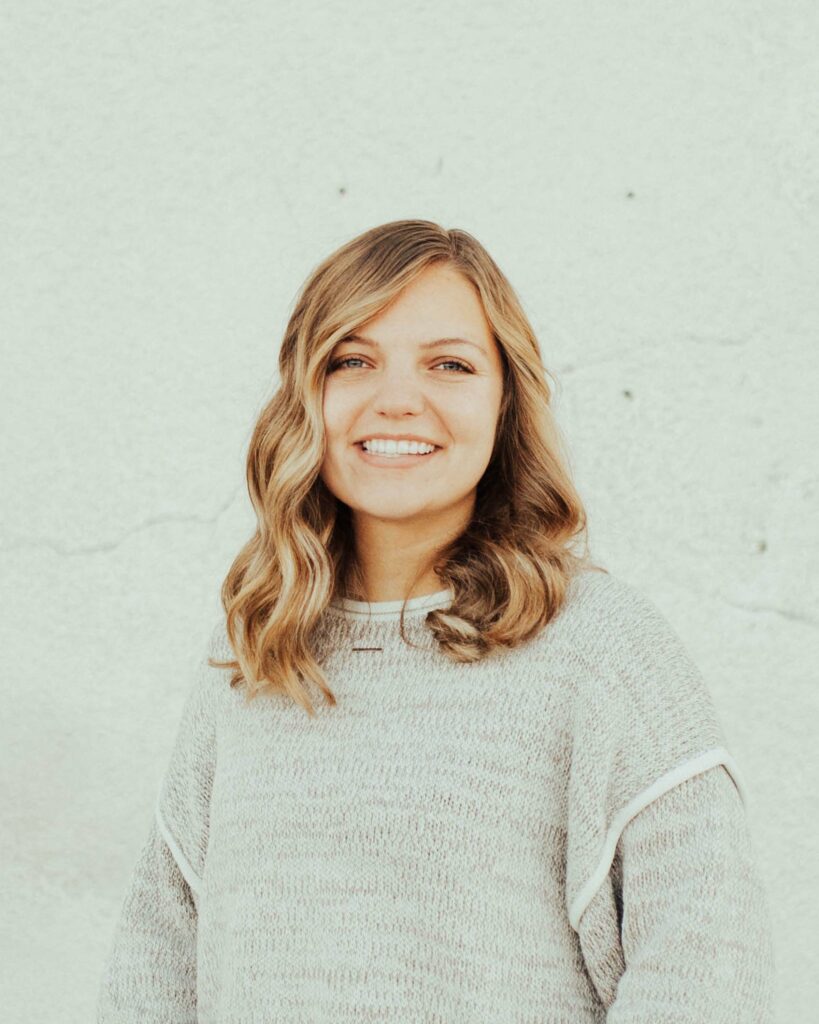
Dawson is focused on creating more opportunities for students to broaden their educational horizons. Dawson is currently serving as the WSUSA Executive Vice President and previously held the College of Science Senate seat.
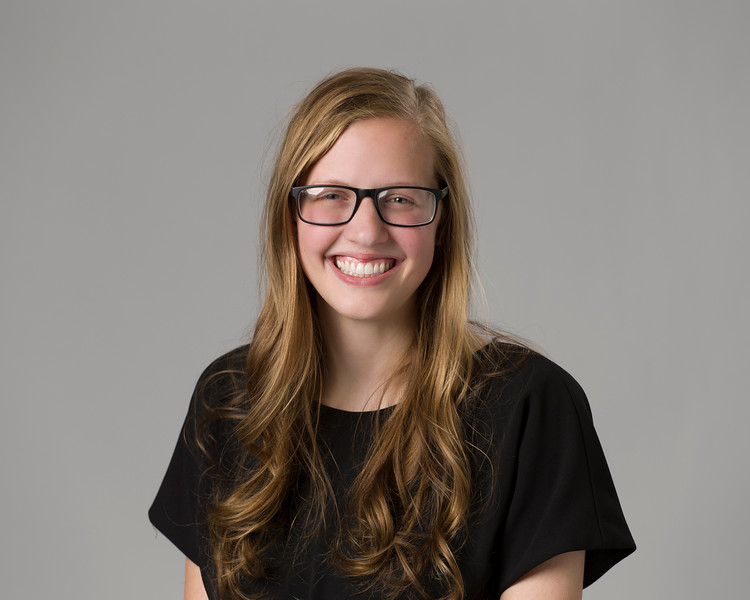
The questions from the moderator largely focused on the candidates’ individual platforms, goals and student retention and involvement.
Eck asked the candidates what their initial plans were for their first 100 days in office, which largely occurs over the summer semester.
The question first went to Caldwell, who said she planned to meet with student leaders to talk about specific strategies to achieve her in-office goals.
Potokar responded by stating she would be focusing on marketing and create a strategic marketing plan to engage and involve students with what is happening on campus.
Dawson listed many different ambitions she will try to work on throughout her tenure as student body president, including campus safety and a campaign to get students and the community to work together.
The next two questions asked the candidates to talk about the challenges Weber State students face and how to motivate, retain and recruit students.
Potokar said that Weber State is often called a commuter campus, and it can limit how much connection students feel with other students and how it can limit the community building students are able to accomplish. By creating a more inclusive environment and communicating more opportunities on campus, it will both allow students to find a community and increase student retention.
Caldwell cited Weber’s graduation rate, saying that the around 30% of students graduate from Weber State. Often, she said, students finish their generals at Weber before transferring. She planned to increase retention by getting students involved and make events and campus opportunities more enticing.
“Weber is bigger, Weber is better, and Weber is great,” Caldwell said.
Dawson said she felt the lack of student opportunities for professional experience was detrimental to the student body, and the issue affect retention and recruitment. For her, creating more educational extracurricular activities was the key to retention and helping students getting a leg up in the job market after leaving Weber State.
Eck asked the candidates to describe effective leadership and what it would look like as a student body president.
Caldwell focused on the student body’s role as a support system to other student leaders and students.
“The most important part of being the student body president is being a mentor, support and friend to all of the other student leaders and to the students on campus,” Caldwell said.
Dawson focused on the role of communication, stating that the three things important to her leadership were communicating, listening and taking action.
“It doesn’t matter if you’re listening if you’re not doing anything about it,” Dawson said.
Similarly, Potokar said communication, transparency and being a friend to all would help WSUSA and Weber State become a better place for students and allow for the best leadership.
The first audience questions focused on how the candidates worked through and viewed conflict.
Potokar said that when she experienced conflict, she loved talking it out so every side could be addressed.
“You have to hear our all the angles and be willing to have those hard conversations,” Potokar said.
Caldwell took a more optimistic approach, stating that conflict meant that it created an opportunity for growth and showed just how passionate students were about certain issues.
Dawson responded similarly to Potokar, saying that resolving conflict is about communicating and talking it through.
“To identify conflict, you have to know it exists,” Dawson said. “Then identify it and communicate it with the team.”
The second audience generated question tackled the issue of racism on campus.
Potokar felt education was very important in tackling the issue.
“I think myself as a student, I’m learning to be educated about racism and about how it is happening on campus and how it is real,” Potokar said. “I’ve experienced that a lot this last year through my position on WSUSA and was able to talk to a lot of students and become educated.
Dawson felt transparency was the biggest issue in addressing the issue, saying that Weber State wasn’t always as transparent as they should be with issues of this magnitude.
“You need to be transparent so you know what’s going on,” Dawson said. “As I said earlier, if you don’t know a problem exists, you won’t be able to fix it. It’s something we need to step up and really address more than just talking about it.”
Caldwell, however, had a specific plan in mind for tackling the issue.
“I think it’s ridiculous, but true, that it’s a controversial topic that some people believe is not an issue. They don’t believe it exists,” Caldwell said. “Increasing that education, teaching our leaders, teaching our fellow peers what changes we need to make, what information we’re missing, what we need to know and quietly spreading that to our peers so that they absorb it without knowing that they’re doing it is the most effective way to make that change.”
Lastly, the candidates described their strengths and weaknesses.
Dawson said she often had a difficult time managing her time when she was so involved in everything around her. She loves taking on difficult and time-consuming tasks, which often leaves her scrambling. Dawson promised that if she was elected president, all her attention would be focused on this position.
She emphasized her strength was her experience in other positions and in working at higher levels, including the state level.
Caldwell said one of her challenges was saying no because she loves to give whatever she can whenever she can.
“I love taking on everything I can,” she said. “I’ve been like this my whole life.”
She continued saying her strengths were in her assertive nature, ensuring that all students would be represented, and in her flexibility, allowing her to adapt to any needed changes.
Potokar likewise mentioned she often had a hard time delegating as she wanted to do everything herself. Her strength, however, was in being inclusive.
Student elections will be held throughout from March 1-4, and students can find candidate information in The Signpost’s story on the candidates.


